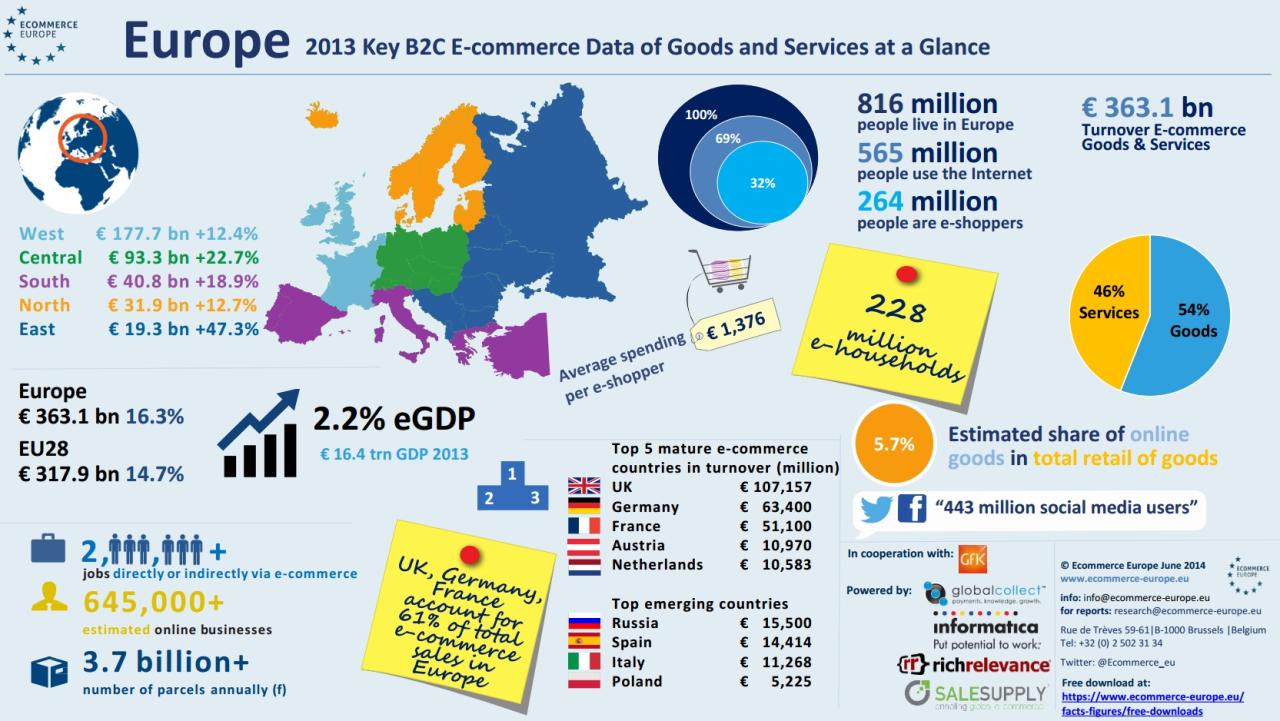With Top Market Trends Shaping Global Financial Markets at the forefront, this paragraph opens a window to an amazing start and intrigue, inviting readers to embark on a storytelling filled with unexpected twists and insights.
The content of the second paragraph that provides descriptive and clear information about the topic
Overview of Global Financial Markets

Global financial markets have a rich history that dates back centuries, with the first stock exchange established in the 17th century in Amsterdam. These markets have evolved over time to become complex ecosystems that facilitate the buying and selling of financial assets on a global scale.Key players in shaping global financial markets include central banks, commercial banks, investment banks, hedge funds, institutional investors, and individual retail investors.
These entities play a crucial role in determining market trends, liquidity, and overall market stability.The importance of global financial markets on a global scale cannot be understated. They provide a platform for companies to raise capital, governments to manage debt, individuals to invest and grow wealth, and facilitate international trade.
The interconnected nature of these markets means that events in one part of the world can have ripple effects across the globe, making them a key driver of the global economy.
Technology Trends Impacting Financial Markets
Technology plays a crucial role in shaping the landscape of global financial markets. Advancements like AI and blockchain are revolutionizing how transactions are conducted, while big data analytics is providing valuable insights for decision-making. Additionally, high-frequency trading has significantly impacted market dynamics, leading to faster and more efficient trading processes.
AI and Blockchain in Financial Markets
AI technologies are being used to automate trading processes, analyze market trends, and detect potential risks in real-time. Blockchain, on the other hand, is transforming the way transactions are recorded and verified, ensuring transparency and security in financial operations.
Big Data Analytics in Decision-Making
The use of big data analytics allows financial institutions to analyze vast amounts of data to make informed decisions. By leveraging data-driven insights, organizations can better understand market trends, customer behavior, and risk factors, ultimately leading to more strategic and profitable outcomes.
Impact of High-Frequency Trading
High-frequency trading involves the use of powerful algorithms to execute trades at incredibly high speeds. While this technology has increased market liquidity and reduced transaction costs, it has also raised concerns about market manipulation and stability. The rapid pace of high-frequency trading can sometimes lead to market disruptions and volatility, emphasizing the need for regulatory oversight and risk management strategies.
Regulatory Changes and Compliance
Regulatory changes play a crucial role in shaping global financial markets, impacting the way market participants operate and interact. Compliance challenges have been evolving rapidly in response to these regulatory developments, requiring financial institutions to adapt and stay ahead of the curve.
Let's delve into the recent changes and their implications on market participants.
Recent Regulatory Changes
- Introduction of GDPR: The General Data Protection Regulation (GDPR) has had a significant impact on how financial institutions handle customer data, requiring stricter data protection measures.
- MiFID II Implementation: The Markets in Financial Instruments Directive II (MiFID II) has brought about more transparency in trading activities and increased reporting requirements for investment firms.
- LIBOR Transition: The transition away from the London Interbank Offered Rate (LIBOR) to alternative risk-free rates is underway, posing challenges for financial institutions in adjusting their contracts and financial products.
Evolving Compliance Challenges
- Enhanced KYC and AML Requirements: Know Your Customer (KYC) and Anti-Money Laundering (AML) regulations are becoming more stringent, requiring thorough customer due diligence processes.
- Cybersecurity Regulations: With the rise in cyber threats, regulators are imposing stricter cybersecurity measures on financial institutions to safeguard sensitive data and prevent breaches.
- Sustainability Reporting: Increasing focus on environmental, social, and governance (ESG) factors has led to the introduction of regulations mandating sustainability reporting by financial institutions.
Implications on Market Participants
- Increased Compliance Costs: Adapting to new regulatory requirements often entails significant costs for financial institutions, impacting their bottom line.
- Operational Changes: Market participants need to make operational changes to ensure compliance with the latest regulations, which may require investments in technology and staff training.
- Competitive Landscape: Regulatory changes can also influence the competitive landscape, as firms that are quick to comply and innovate may gain a strategic advantage over their peers.
Global Economic Trends Influencing Financial Markets

Global economic trends play a significant role in shaping financial markets around the world. Understanding how geopolitical events, economic indicators, and central bank policies impact market trends is crucial for investors and financial institutions.
Geopolitical Events Impact on Financial Markets
Geopolitical events such as trade disputes, political instability, and military conflicts can have a direct impact on financial markets. Uncertainty caused by these events can lead to market volatility, affecting investor confidence and asset prices.
Key Economic Indicators Influencing Market Trends
- Gross Domestic Product (GDP): GDP growth rates provide insights into the overall health of an economy. Strong GDP growth often leads to increased investor confidence and higher market returns.
- Unemployment Rate: High unemployment rates can indicate economic weakness, affecting consumer spending and overall market performance.
- Inflation Rate: Inflation impacts purchasing power and interest rates, influencing investment decisions and market conditions.
Role of Central Banks in Shaping Economic Policies and Market Conditions
Central banks play a crucial role in setting monetary policies, interest rates, and regulating the money supply. Decisions made by central banks can impact borrowing costs, inflation rates, and overall economic stability, which in turn influence market conditions and investor behavior.
Closing Notes

The content of the concluding paragraph that provides a summary and last thoughts in an engaging manner
Top FAQs
What are the key players in shaping global financial markets?
Key players include central banks, financial institutions, hedge funds, and government regulators.
How do technological advancements like AI and blockchain impact financial markets?
Technological advancements improve efficiency, increase transparency, and enable new financial products and services.
What are some recent regulatory changes affecting global financial markets?
Recent regulatory changes include GDPR compliance, MiFID II implementation, and Basel III capital requirements.
How do geopolitical events influence financial markets?
Geopolitical events can cause market volatility, affect investor sentiment, and lead to changes in asset prices.
What role do central banks play in shaping economic policies?
Central banks influence interest rates, money supply, and inflation levels to achieve economic stability and growth.



